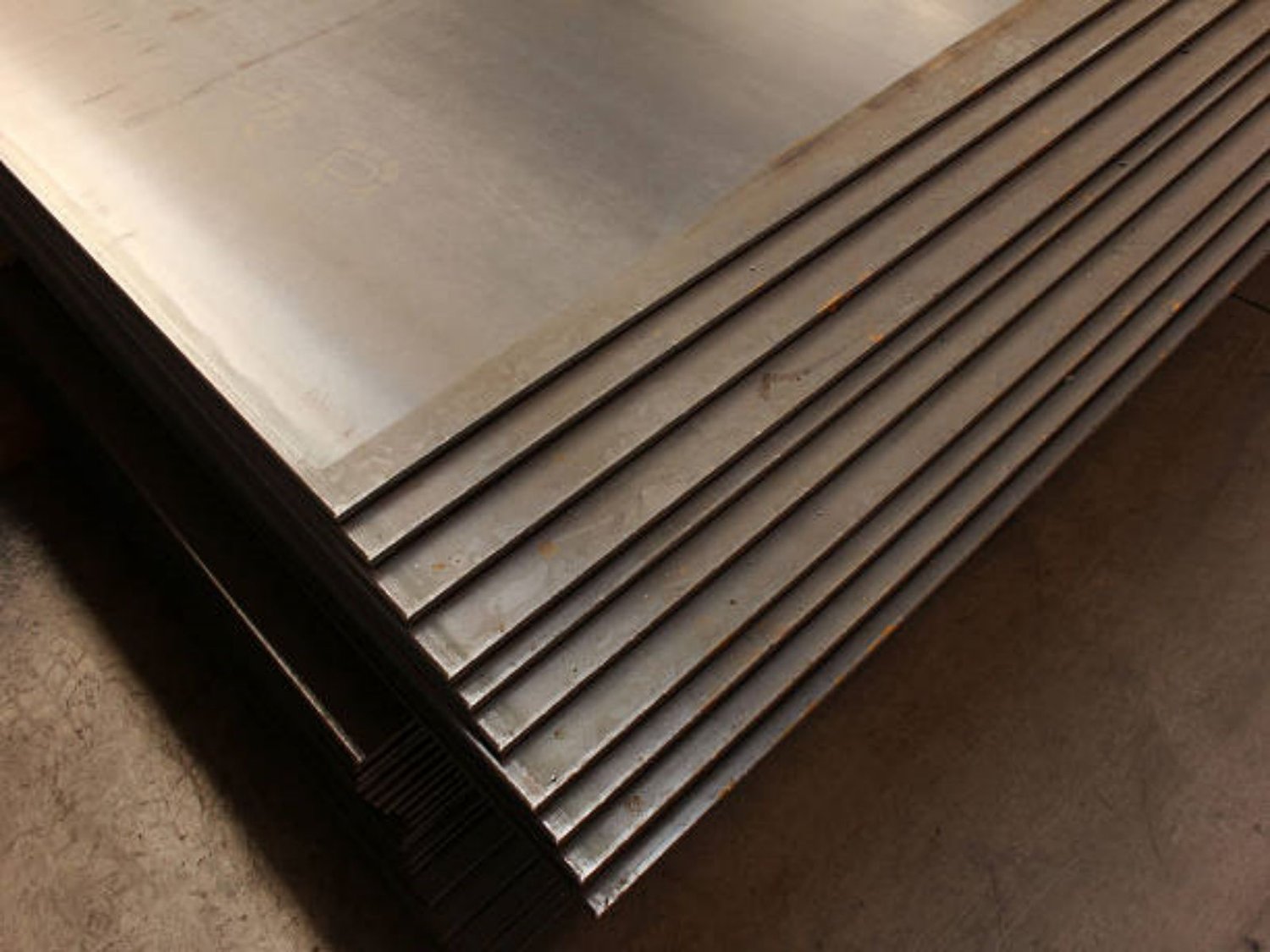Table of Contents

Are Titanium Plates Prone to Surface Pitting Corrosion?
When it comes to choosing the right material for various applications, corrosion resistance is a crucial factor to consider. Titanium, known for its exceptional strength-to-weight ratio and excellent corrosion resistance, is a popular choice in many industries. However, one question that often arises is whether titanium plates are prone to surface pitting corrosion. In this article, we will explore this topic in detail to provide you with a comprehensive understanding of titanium's susceptibility to surface pitting corrosion.
The Basics of Titanium Plates
Titanium plates are widely used in industries such as aerospace, chemical processing, marine, and medical due to their remarkable properties. Titanium possesses a natural oxide layer on its surface, which acts as a protective barrier against corrosion. This oxide layer, known as titanium dioxide (TiO2), forms spontaneously when titanium comes into contact with oxygen. The presence of this oxide layer makes titanium highly resistant to many corrosive environments.
Understanding Surface Pitting Corrosion
Surface pitting corrosion is a localized form of corrosion that leads to the formation of small pits or cavities on the surface of a material. It occurs when the protective oxide layer is compromised or when the material is exposed to aggressive environments. Pitting corrosion can be particularly concerning as it can lead to structural integrity issues and potentially catastrophic failures.
The Corrosion Resistance of Titanium Plates
Titanium plates are renowned for their exceptional corrosion resistance. The titanium dioxide layer that naturally forms on the surface acts as a passive protective barrier, shielding the underlying metal from corrosive elements. This oxide layer is highly stable and self-healing, meaning that if it becomes damaged, it can regenerate and restore its protective properties.
Factors Affecting Pitting Corrosion in Titanium Plates
While titanium plates offer excellent corrosion resistance, certain factors can contribute to the initiation and progression of pitting corrosion. One significant factor is the presence of aggressive ions, such as chloride, in the environment. Chloride ions are particularly corrosive to titanium and can lead to the breakdown of the protective oxide layer.
Preventing Pitting Corrosion in Titanium Plates
To minimize the risk of pitting corrosion in titanium plates, several preventive measures can be taken. One approach is the use of alloying elements that enhance the corrosion resistance of titanium, such as small amounts of palladium or nickel. Surface treatments, such as passivation or anodizing, can also be applied to further improve the protective oxide layer.
Proper Maintenance and Handling
Proper maintenance and handling of titanium plates are crucial for preventing pitting corrosion. It is essential to avoid exposing titanium plates to environments with high chloride concentrations or acidic conditions. Regular cleaning and inspection should be performed to detect any signs of surface pitting corrosion and take appropriate actions to mitigate further damage.
Real-World Applications
Titanium plates are extensively used in various industries where corrosion resistance is of utmost importance. In the aerospace industry, titanium plates are utilized in aircraft components, such as wings and fuselage, to ensure long-term structural integrity. They are also widely employed in the chemical processing industry for equipment exposed to corrosive chemicals.
Conclusion
Overall, titanium plates offer exceptional resistance to surface pitting corrosion due to the natural oxide layer that forms on their surface. While the risk of pitting corrosion exists, proper selection of alloying elements, surface treatments, and maintenance practices can significantly reduce this risk. With its unique combination of strength, lightweight, and excellent corrosion resistance, titanium remains a reliable choice for many applications.
